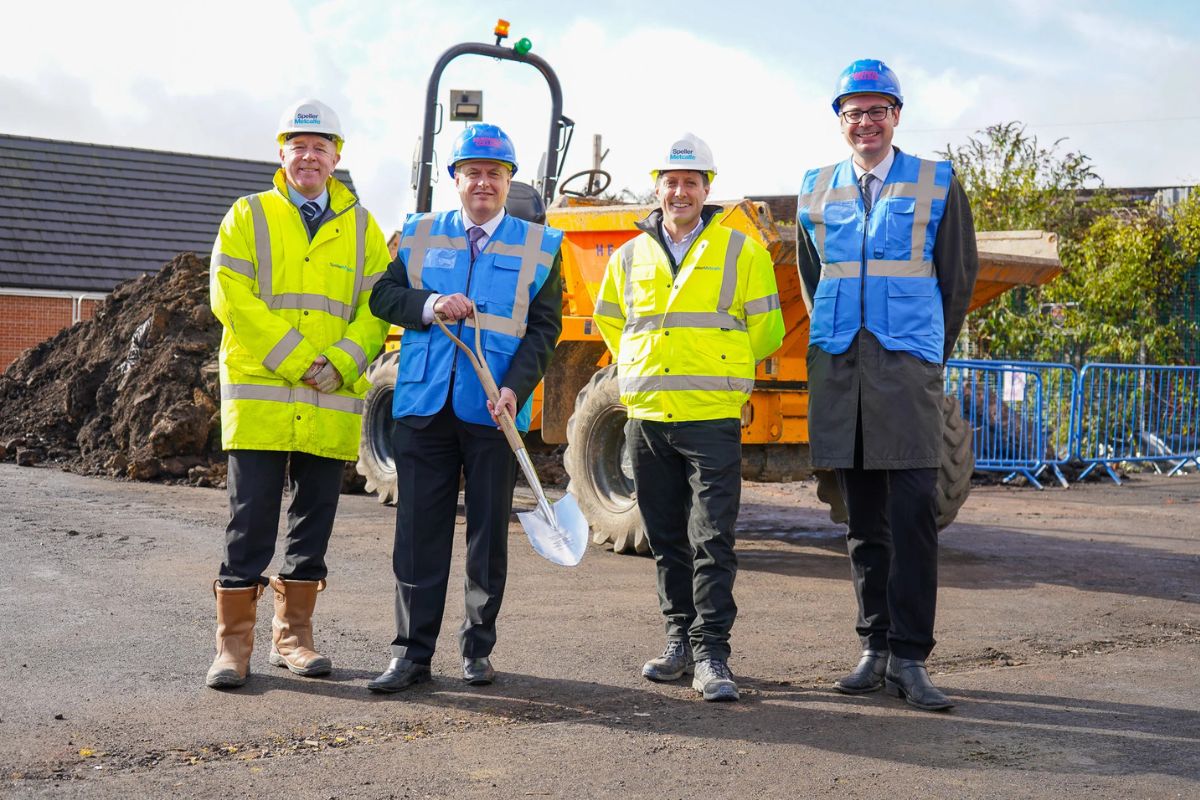20 years later…

Marking 20 years of FE News, IEP reflects on the significant changes in the employability sector over this time and the importance of embracing lifelong learning to thrive in this dynamic employability landscape.
The IEP is only 12 years old but it was launched by FE News who are 20 years old this month. Both organisations have seen significant growth and developments over this time – the IEP has gone from strength to strength, building learning, delivering learning, certification and accreditation, developing quality standards, support for insights into employability eco-systems and assistance and advice for governments. Who would have thought that we would be making a real difference to a global practicing community? If we had asked any of those founding partners back then, I expect we would have been told that is a ‘pipe dream’.
Reflecting on the last 20 years for FE news, it is very interesting how the world of work and employability has changed over this time. The landscape of employability has undergone a profound transformation, driven by a combination of evolving practices and rapid technological advancements. The world has witnessed unprecedented changes in how people find, secure, and thrive in employment opportunities. From the early 2000s to the present day, numerous factors have shaped this evolution, including the rise of digitalisation, globalisation, changing employer expectations, and the integration of artificial intelligence (AI) and automation in various industries.
Digitalisation and Globalisation
The early 2000s marked the beginning of a significant shift towards digitalisation and globalisation. The widespread adoption of the internet paved the way for online job search platforms and websites, transforming the way individuals look for employment.
Jobseekers could now access a wide array of opportunities from the comfort of their homes, drastically reducing the reliance on traditional paper resumes and in-person job fairs. This shift also facilitated global collaboration, allowing individuals to explore international job opportunities and work remotely for companies located anywhere in the world.
Online Job Boards and Networking Platforms
Online job boards such as Monster, CareerBuilder, and LinkedIn emerged as popular platforms for jobseekers and employers alike. These platforms revolutionised the way companies sourced candidates and jobseekers showcased their skills.
Networking platforms like LinkedIn further transformed professional networking, enabling individuals to connect with peers, mentors, and potential employers on a global scale. The ability to highlight skills, achievements, and recommendations on these platforms became an essential component of modern job hunting.
Remote Work and Flexible Arrangements
The concept of remote work gained momentum over the last two decades, with technology enabling individuals to work from virtually anywhere. This shift was accelerated by the COVID-19 pandemic, which forced many companies to adopt remote work practices to ensure business continuity.
As a result, remote work and flexible arrangements became more mainstream, giving jobseekers the opportunity to prioritise work-life balance and access opportunities beyond their geographical constraints.
Demand for Tech Skills and Digital Literacy
The technological revolution brought about a significant change in the skills required for work. Proficiency in digital tools and platforms, as well as a fundamental understanding of technology, became essential for a lot of job roles.
The demand for tech-related skills such as programming, data analysis, and digital marketing skyrocketed. As industries became more reliant on technology, individuals who possessed these skills gained a competitive edge in the job market.
Soft Skills and Emotional Intelligence
While technology transformed the employment landscape, soft skills remained indispensable. Skills like communication, adaptability, problem-solving, and emotional intelligence gained prominence as they directly contribute to effective collaboration, leadership, and conflict resolution. Employers started recognising that a well-rounded employee possesses a combination of technical expertise and strong interpersonal skills.
Upskilling and Reskilling
The rapid pace of technological change and the introduction of automation led to the displacement of certain job roles while creating new ones. This necessitated a focus on upskilling and reskilling. Both individuals and organisations recognised the importance of continuous learning to remain relevant in a dynamic job market. Online learning platforms and educational resources became readily available for individuals to acquire new skills and transition to emerging fields.
AI and Automation
The integration of AI and automation into various industries significantly impacted the nature of work. Routine and repetitive tasks were increasingly automated, allowing employees to focus on higher-value activities that require creativity, critical thinking, and decision-making. While this led to concerns about job displacement, it also created opportunities for individuals to engage in more intellectually stimulating and fulfilling roles.
Personal Branding and Online Presence
The 21st century brought about a shift in how individuals presented themselves to potential employers. The concept of personal branding gained prominence, urging job seekers to showcase their unique strengths and value propositions. Crafting a compelling online presence, including an updated LinkedIn profile and a professional digital portfolio, became crucial for leaving a positive impression on recruiters and employers.
Diversity and Inclusion
Over the past two decades, diversity and inclusion (D&I) became central to discussions surrounding employability. Companies recognised the value of diverse teams and the importance of fostering an inclusive work environment. Jobseekers began considering D&I initiatives as a key factor when evaluating potential employers, driving organisations to prioritise diverse hiring practices and create equitable workplaces.
Gig Economy and Alternative Work Arrangements
The rise of the gig economy introduced new ways of working and earning a living. Freelancing, contract work, and platform-based jobs became viable options for those seeking flexible employment arrangements. While the gig economy provided individuals with the freedom to choose their projects and working hours, it also highlighted the need for social safety nets and benefits for workers in non-traditional employment relationships.
In conclusion, the world of work has transformed significantly over the last 20 years due to the convergence of evolving practices and rapid technological advancements. The digitalisation of job search, the rise of remote work, the demand for tech skills, the integration of AI and automation, and the focus on soft skills have reshaped the way individuals navigate the job market. As technology continues to evolve and industries adapt, individuals and organisations must embrace lifelong learning and flexibility to thrive in this dynamic employability landscape.
By Scott Parkin FIEP, Group Chief Executive, Institute of Employability Professionals (IEP)
FE News on the go…
Welcome to FE News on the go,Welcome to FE News on the go, the podcast that delivers exclusive articles from the world of further education straight to your ears.
We are experimenting with Artificial Intelligence toWe are experimenting with Artificial Intelligence to make our exclusive articles even more accessible while also automating the process for our team of project managers.
In each episode, our thought leaders and sector influencers will delve into the most pressing issues facing the FE sector, offering their insights and analysis on the latest news, trends, and developments.











Responses